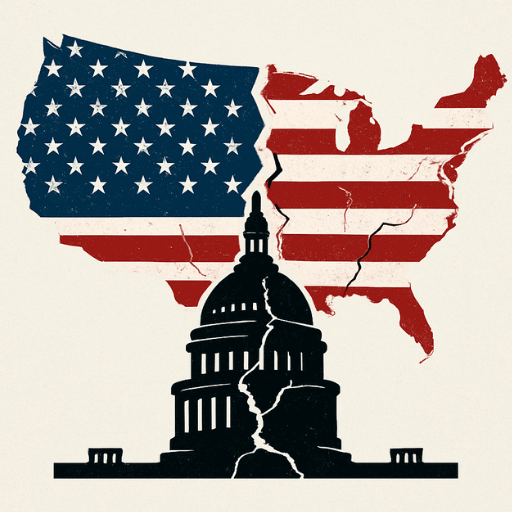Fact Check: Claims About US-Iran Relations
The Claim
This image has been circulating social media. It claims 3 actions that led to the (supposed) Iranian Nuclear program.
Hillary Clinton supplied Iran with uranium to enrich their nuclear program
Barack Obama gave Iran $1.7 billion that they used to fund their nuclear program
Joe Biden unfroze over $16 billion of funds for Iran
Historical Context
US-Iran relations have been complex and contentious since the 1979 Islamic Revolution, which ended the rule of the US-backed Shah of Iran. Prior to this pivotal event, the United States and Iran maintained relatively friendly relations, though the 1953 CIA-backed coup that overthrew democratically elected Prime Minister Mohammad Mossadegh remains a point of historical tension.
Common Claims and Facts
Claim: “Hillary Clinton supplied Iran with uranium to enrich their nuclear program”
VERDICT: FALSE
- This claim appears to conflate and misrepresent multiple unrelated matters
- It likely stems from misconceptions about the 2010 Russia-US uranium deal (often called “Uranium One”), which occurred while Clinton was Secretary of State
- The State Department was one of nine federal agencies that approved this deal, but Clinton herself did not have unilateral authority
- Most importantly, this deal did not involve Iran in any way, and no uranium was permitted to leave the United States
- There is no evidence that Clinton or the State Department provided uranium to Iran for any purpose
Claim: “Barack Obama gave Iran $1.7 billion that they used to fund their nuclear program”
VERDICT: PARTIALLY FALSE/MISLEADING
- The Obama administration did transfer approximately $1.7 billion to Iran in 2016
- However, this was not a gift but a settlement of a decades-old financial dispute dating back to 1979
- 400million was principal from a pre−revolution arms deal that was never completed, plus approximately 1.3 billion in interest
- This settlement coincided with the implementation of the 2015 Iran nuclear deal (JCPOA)
- There is no verified evidence that this money was specifically used to fund Iran’s nuclear program
- The JCPOA actually placed significant restrictions and monitoring on Iran’s nuclear activities
Claim: “Joe Biden unfroze over $16 billion of funds for Iran”
VERDICT: MISLEADING
- The Biden administration has allowed some Iranian assets frozen in other countries to be transferred to restricted accounts for humanitarian purposes
- In 2023, about $6 billion in Iranian oil revenue frozen in South Korean banks was transferred to restricted accounts in Qatar as part of a prisoner exchange
- These funds were strictly limited to humanitarian purchases (food, medicine, etc.)
- After the October 7, 2023 Hamas attack on Israel, the US and Qatar agreed to freeze access to these funds
- The “$16 billion” figure appears to be an exaggeration
- These were not US funds given to Iran but Iran’s own frozen assets with restricted access
Claim: “So don’t even blame this on Trump!”
VERDICT: CONTEXT NEEDED
- Without specifying what “this” refers to, it’s difficult to evaluate this claim
- Regarding US-Iran relations, the Trump administration withdrew from the JCPOA in 2018 and imposed “maximum pressure” sanctions
- After this withdrawal, Iran began exceeding the nuclear enrichment limits established in the JCPOA
- The Trump administration ordered the killing of Iranian General Qasem Soleimani in January 2020, significantly escalating tensions
- Like all administrations, the Trump administration made policy decisions that had both supporters and critics regarding their impact on regional stability
Current Status
Relations remain severely strained with no formal diplomatic ties. Communication occurs through intermediaries, primarily the Swiss embassy in Tehran. Periodic indirect negotiations continue over various issues, including nuclear concerns, prisoner exchanges, and regional conflicts.
Conclusion
The claims examined above contain significant factual inaccuracies, misrepresentations, or lack important context. US-Iran relations span multiple administrations with policy decisions that have long-term consequences that cannot be attributed to a single president or official. Understanding the full historical background and recognizing the perspectives of both sides is essential for accurately evaluating statements about this relationship. Many claims in this area appear designed to provoke partisan reactions rather than provide accurate historical context.






